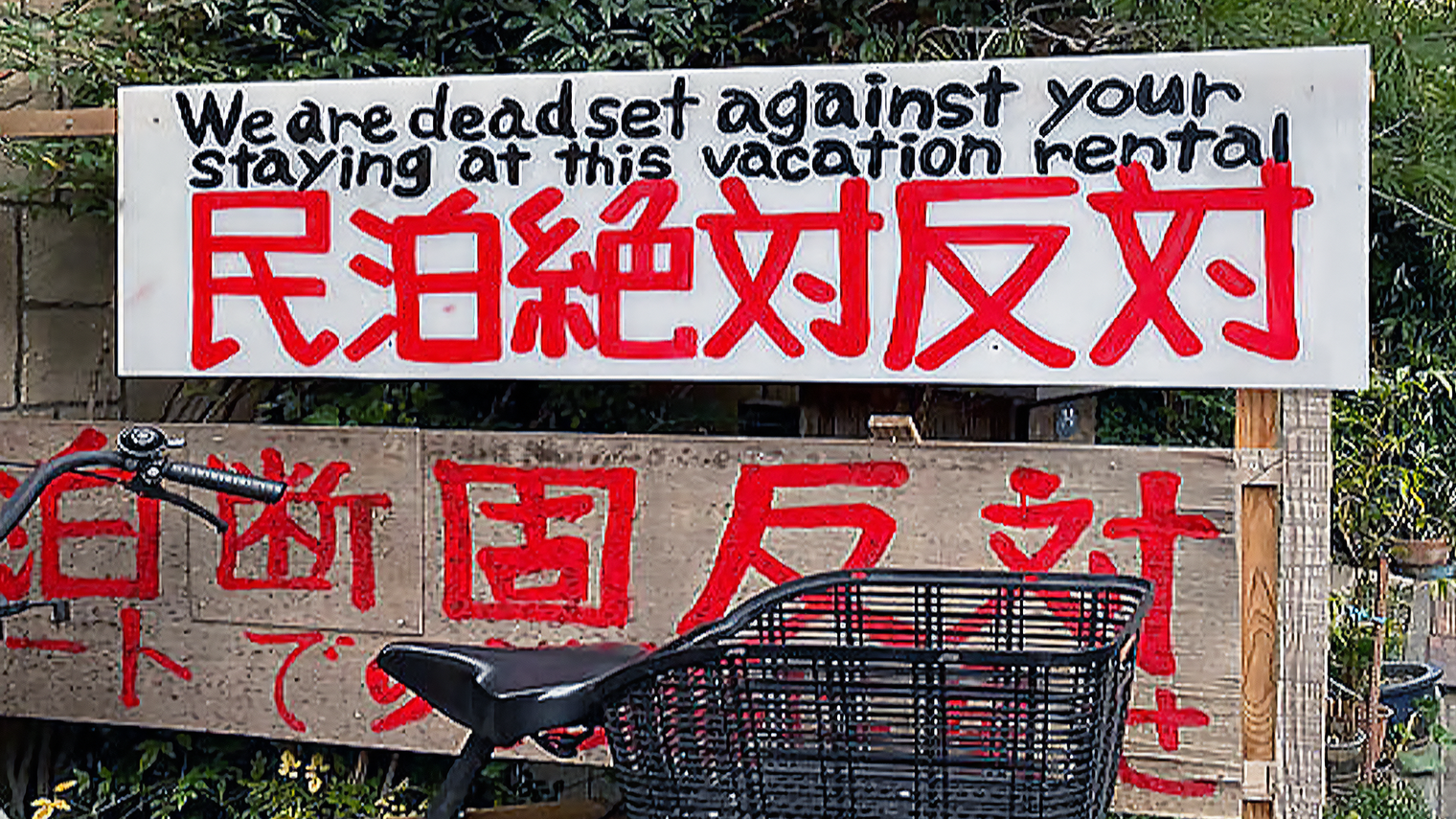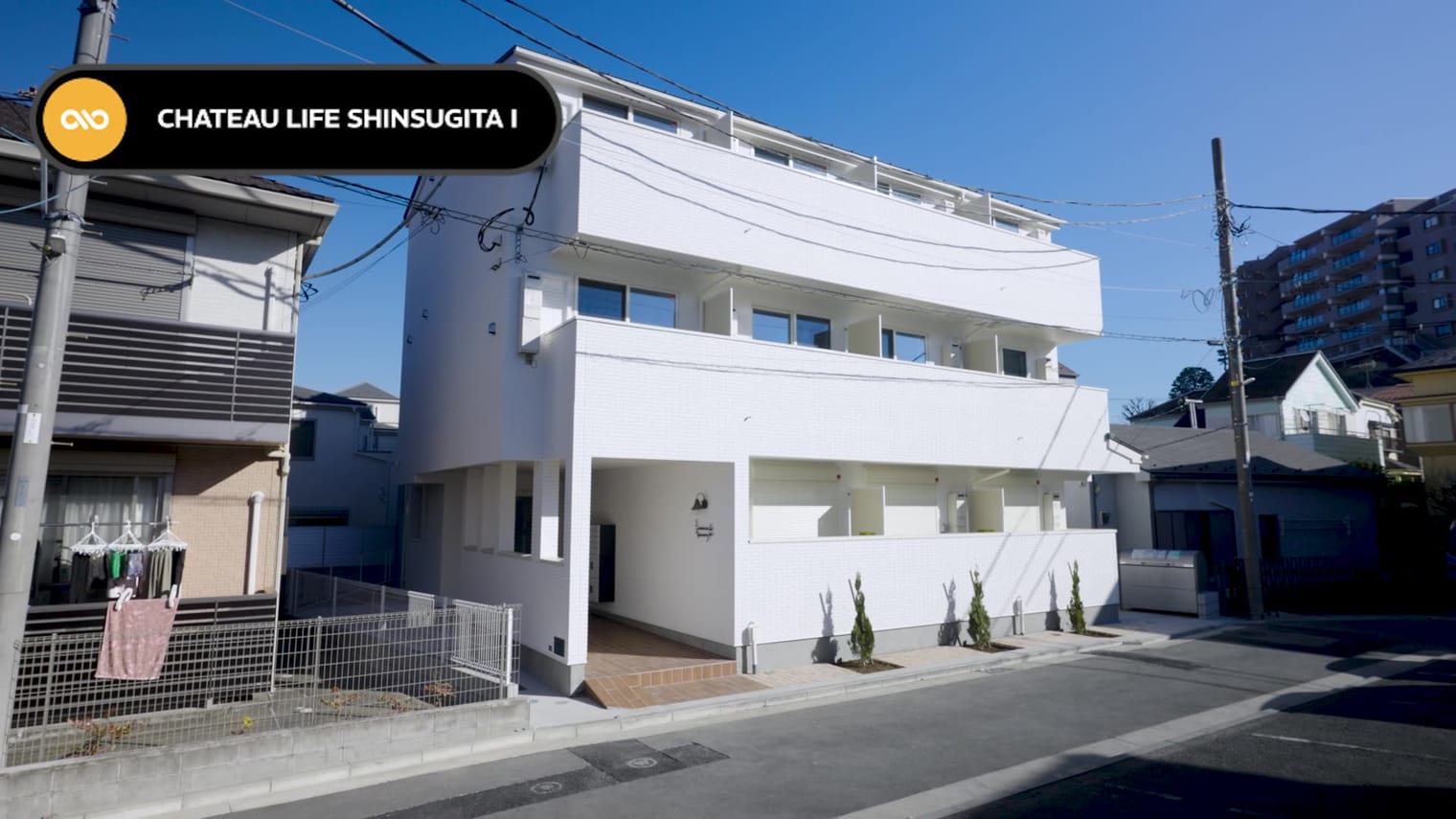
Is Airbnb a Good Investment in Japan? The Five Hidden Risks and Challenges
Japan, with its rich culture and bustling cities, has become an attractive destination for real estate investors, particularly those interested in short-term rentals through platforms like Airbnb. 2024 was a good year for tourism in Japan, fueled by a favorable exchange rate and short-term letting benefited greatly. While the allure of tapping into Japan's tourism boom is undeniable, several crucial factors often get overlooked, potentially turning a promising investment into a financial burden. This blog post dives deep into the hidden risks and challenges of Airbnb investments in Japan, drawing insights from a recent discussion on the topic.
The Sustainability Question: Can Airbnb Thrive Long-Term?
While Airbnb has gained popularity, its long-term sustainability in Japan is questionable, the current tourism surge, might create a temporary bubble. What happens when this hype fades? We make hay while the sun shines, but as soon there are clouds (or the Yen becomes stronger), maintaining high occupancy rates and consistent rental income becomes challenging and unpredictable, impacting profitability and potentially leading to losses.
Regulatory Hurdles: Navigating Japan's Complex Airbnb Laws
Japan has strict regulations governing short-term rentals, including the "Minpaku" law, which limits operation to 180 days per year. Obtaining and renewing licenses requires meeting stringent fire safety, noise control, and hygiene standards. The need for a local manager who can respond to guest needs within ten minutes adds another layer of complexity and cost. Before a property investor consider Airbnb as a serious money-maker, they must get their head around the nuances of the Minpaku Law.
Neighborhood Disputes: The "Minpaku Mondai" and its Implications
One of the most significant challenges is the "Minpaku Mondai," referring to the growing friction between Airbnb hosts and local residents. Take a look at local news articles, imagine having to deal with protestors outside your property. Complaints about noise, disruptions, and cultural misunderstandings are common. News reports in Japanese media frequently highlight these tensions, revealing a level of public discontent often missed in international coverage. Negative publicity can severely damage your property's reputation, making it harder to attract guests and potentially leading to conflicts with neighbors and loss of operating license.
Hidden Costs: Management Fees and Other Expenses
Outsourcing management to specialized companies is often the most practical solution for foreign investors. However, these services come at a steep price, averaging 10% of rental income per month and in some cases, up to one-third. Furthermore, there's the risk of unexpected price hikes or even contract termination if the management company isn't satisfied with the performance.
Cultural Nuances: Understanding Local Customs and Avoiding Conflicts
Respecting Japanese cultural norms is paramount. Noise levels, garbage disposal, and recycling practices are taken seriously. Failure to adhere to these customs can lead to complaints from neighbors and even intervention from authorities. Foreign investors need to be acutely aware of these cultural sensitivities to avoid unnecessary conflicts.
Conclusion: Long-Term Residential Investment as a Stable Alternative
While Airbnb investments in Japan can offer attractive returns—as seen in 2024—they also come with significant regulatory, cultural, and operational risks that are often underestimated. For investors seeking more stability, residential properties with strong local demand present a compelling alternative. This strategy provides steady rental income and long-term growth potential, while avoiding the volatility of tourism-driven markets. Regardless of the path you choose, thorough due diligence is essential. Weigh the rewards against the risks carefully, and explore our in-depth YouTube video, The Dark Truth About Airbnb In Japan for further insights and real-world case studies.


